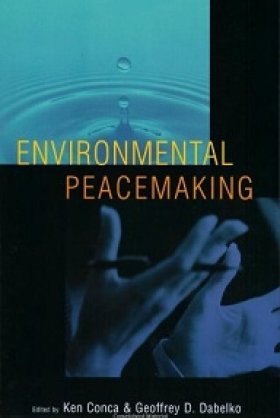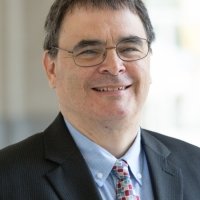Environmental Peacemaking

-
How can environmental cooperation be used to bolster regional peace? A large body of research suggests that environmental degradation may catalyze violent conflict. Environmental cooperation, in contrast, has gone almost unexplored as a means of peacemaking, even though it opens several effective channels: enhancing trust, establishing habits of cooperation, lengthening the time horizons of decisionmakers, forging cooperative trans-societal linkages, and creating shared regional norms and identities.
This volume examines the case for environmental peacemaking by comparing progress, prospects, and problems related to environmental peacemaking initiatives in six regions—South Asia, Central Asia, the Baltics, Southern Africa, the Caucasus, and the U.S.-Mexico border. The regions vary dramatically in terms of scale, interdependencies, history, and kinds of insecurity. But each is marked by a highly fluid, changing security order, creating a potential for environmental cooperation to have a catalytic effect on peacemaking.
Among the volume’s key findings are these: that substantial potential for environmental peacemaking exists in most regions; that significant tensions from narrower efforts to improve the strategic climate among mistrustful governments can impair broader trans-societal efforts to build environmental peace; and that the effects of environmental peacemaking initiatives are highly sensitive to the ways they are institutionalized.
Ken Conca is professor of global environmental governance at the School of International Service at American University and former Wilson Center fellow. Geoffrey D. Dabelko is a professor and director of environmental studies for the George V. Voinovich School of Leadership and Public Affairs at Ohio University and the former director of, and current senior advisor to, the Wilson Center’s Environmental Change and Security Program.
Editors
 Ken ConcaProfessor of International Affairs, American University
Ken ConcaProfessor of International Affairs, American University Geoffrey D. Dabelko, PhDSenior Advisor, ECSP; Former Director, ECSP;Schedule interview
Geoffrey D. Dabelko, PhDSenior Advisor, ECSP; Former Director, ECSP;Schedule interview
Professor and Associate Dean, George V. Voinovich School of Leadership and Public Affairs, Ohio University; Associate Senior Fellow, Environment of Peace Initiative, Stockholm International Peace Research InstituteBrowse Insights & AnalysisExplore More
Browse Insights & Analysis
Iraq Should Consider Extending UNAMI’s Mission
Posted date/time:
Middle East Dialogue February 2025 Meeting Report
Posted date/time:

